A Reluctant Businessman
A Reluctant Businessman
In the course of establishing Arkitrek I found that I had unintentionally become a businessman. In this predicament I was relieved to learn that I was not the first. “The journal of a reluctant businessman” is the tagline of Yvon Choinard’s book ‘Let my People go Surfing’. Choinard, the founder of outdoor clothing company Patagonia, realised that having unwittingly become a businessman he was going to have to get serious if he were to succeed.
Choinard’s idea of ‘getting serious’ was to examine each aspect of the business from the point of view of social and environmental responsibility, even the intrinsic nature of doing business itself, noting that: “We believe the accepted model of capitalism that necessitates endless growth and deserves the blame for the destruction of nature must be displaced”
This chimed instantly with something that had been bothering me for years. It should be obvious, even to a schoolboy, that endless growth is not stable. Like inflating a balloon, at some point growth will reach limits and must stop either controllably or calamitously. Yet every day we hear authoritative members of our society banging on about sustainable growth, as if growth can be sustained indefinately. Politicians, newscasters, academics, captains of industry repeating the same mantra of sustainable growth, as if saying it enough times will make it real. It’s not. Growth cannot be sustained. Sustainable growth is a paradox. There is no such thing.
Yvon Choinard was the first person I had read to question sustainable growth. Of course I’ve subsequently found more such people, notably the economists Tim Jackson and, before him, E.F. Schumacher. To be a businessman on my own terms meant learning to do it in a way that it would protect and enhance what I love: Nature.
Why are we stuck in the paradox of sustainable growth?
We’re stuck in the paradox of sustainable growth because people want to buy new stuff more cheaply. In order to produce stuff more cheaply we make production more efficient, which usually entails employing less people. Less employed people means less people who can afford to buy new stuff.
The cycle would collapse here so what do we do? Instead of less people producing the same amount of stuff, the same number of people produce more stuff. More and more stuff = growth
Nobody knows how to break this cycle without the undesirable effect of mass unemployment. I’m betting that going back to nature, social enterprise and holistic design will play roles in the eventual solution.
What is Arkitrek doing to break the cycle of sustainable growth?
1 – Arkitrek is a Social Enterprise, where the investors expect social returns on their investment rather than continuous growth of financial return. To paraphrase Choinard: “The accepted model of capitalism must be displaced”. If not displaced, then balanced. It’s ok for companies to grow but the macro economy must learn to be prosperous without growth. Read Prosperity Without Growth by Tim Jackson for more of this chat.
2 – We practice a holistic approach to sustainable design, which includes a balance of both social and environmental criteria. Read our Arkitrek Principles of Sustainable Design. Our principles are greatly inspired by Cradle to Cradle design and Blessed Unrest, amongst other things.
3 – Look to nature: mimic natural systems, place value in natural capital, recognise that everything we build has links that can be traced back to nature. Read Biomimicry and Natural Capitalism for more about this.

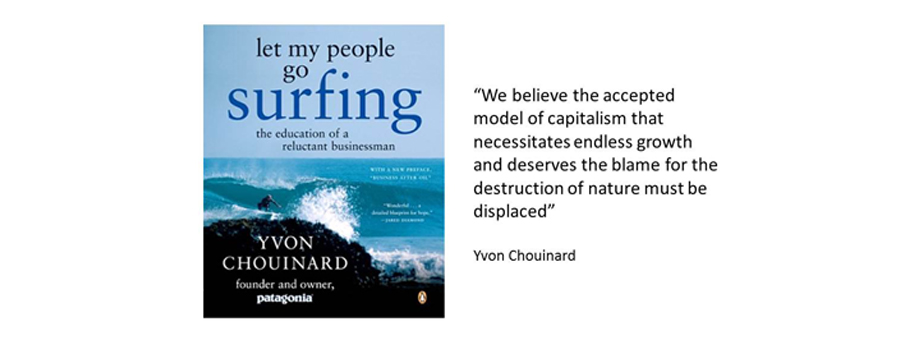
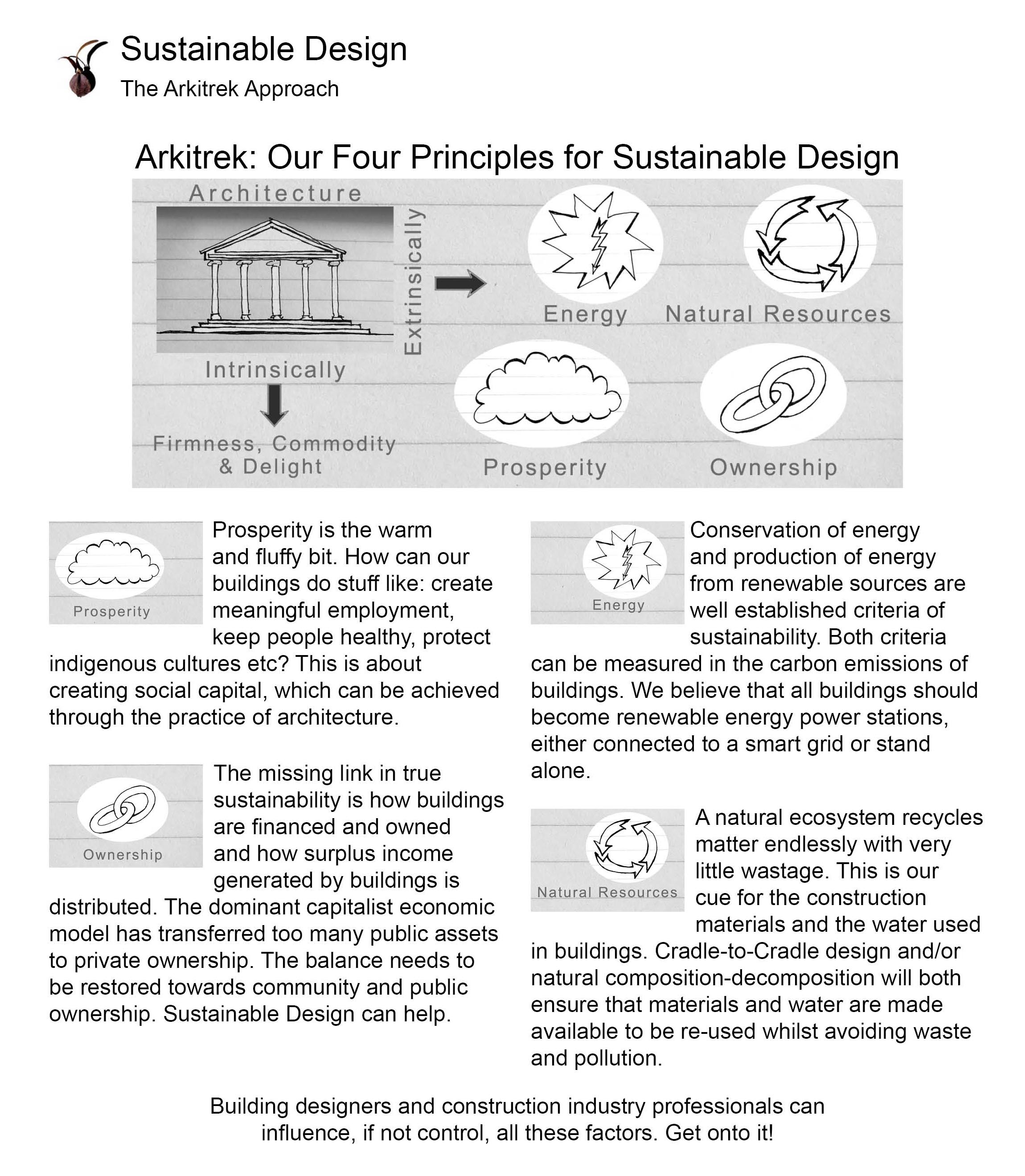
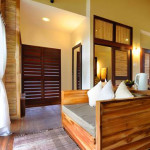
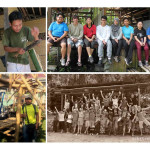

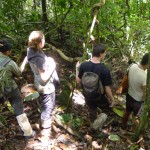
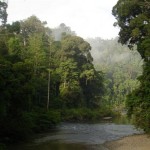
“We must temper the pursuit of wealth creation with concern for the environment. High, sustained economic growth and environmental stewardship can and must go hand-in-hand.” The Prime Minister of Malaysia banging on paradoxically. http://seedmalaysia.com.my/index.php/about-us/foreword